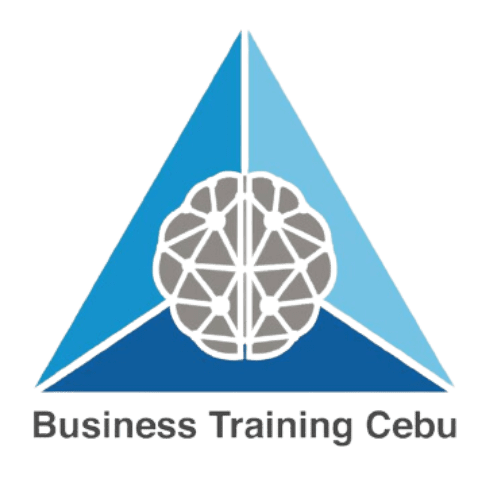Ability to Focus


Mastering the Ability to Focus: How to Boost Productivity and Achieve Success
In an age of constant distractions and information overload, the ability to focus is a valuable skill that can significantly impact your personal and professional life. Whether you’re a student, a professional, or an entrepreneur, the capacity to concentrate on tasks, set priorities, and maintain productivity is essential for success. In this article, we will explore the concept of focus, its importance, and provide practical steps to enhance your ability to concentrate and excel.
Understanding the Ability to Focus
Focus is the cognitive ability to direct your attention and energy towards a specific task, goal, or objective, while filtering out distractions and unrelated information. It involves sustained mental effort and concentration on a single task, enabling you to work efficiently and productively.
The Importance of Focus
The ability to focus is crucial for various aspects of life, including:
1. Productivity: Concentration allows you to complete tasks in less time and with higher quality.
2. Learning: Focusing on the subject matter can lead to better retention and understanding.
3. Problem-Solving: Effective focus enables you to analyze complex issues and find solutions.
4. Creativity: Focused attention can lead to innovative ideas and solutions to challenges.
5. Time Management: Prioritizing tasks and staying focused helps manage your time effectively.
6. Stress Reduction: Focusing on one task at a time reduces stress and overwhelm.
Steps to Improve Your Ability to Focus
Now, let’s delve into practical steps to help you enhance your focus and productivity:
1. Set Clear Goals
Having clear, specific goals can help you define what requires your attention. Set both short-term and long-term goals and prioritize tasks accordingly.
2. Remove Distractions
Identify and eliminate distractions in your workspace. This could include turning off notifications on your devices, closing unnecessary tabs or apps, and creating a clean and organized work environment.
3. Time Management Techniques
Time management methods like the Pomodoro Technique can be effective. This approach involves working in focused, concentrated bursts, typically for 25 minutes, followed by a short break.
4. Prioritize Tasks
Prioritization is key to focus. Use techniques like the Eisenhower Matrix to categorize tasks by urgency and importance. Focus on high-priority tasks first.
5. Set a Schedule
Create a daily or weekly schedule that allocates specific blocks of time for different tasks. Stick to your schedule as closely as possible to establish a routine.
6. Practice Mindfulness
Mindfulness meditation and techniques can help train your mind to stay in the present moment, reducing mind-wandering and increasing your ability to focus.
7. Limit Multitasking
Multitasking can diminish your ability to focus on a single task effectively. Concentrate on one thing at a time to complete it more efficiently.
8. Get Adequate Sleep
A lack of sleep can severely impact your focus and cognitive abilities. Prioritize sleep and establish a consistent sleep schedule to enhance your focus.
9. Stay Hydrated and Eat Well
Proper nutrition and hydration are essential for optimal brain function. Consume a balanced diet and drink enough water to keep your brain sharp.
10. Break Tasks into Smaller Steps
Divide large projects into smaller, manageable tasks. This approach reduces the feeling of being overwhelmed and helps maintain focus on specific components.
11. Mindset and Positivity
A positive mindset can boost your focus. Develop a growth mindset, embracing challenges as opportunities for growth and learning.
12. Eliminate Decision Fatigue
Streamline your daily routines and decisions by automating or simplifying them. Reducing unnecessary choices can free up mental energy for tasks that require focus.
13. Set Realistic Expectations
Don’t set unrealistic expectations for yourself. Recognize that focusing for extended periods may be challenging. Allow yourself breaks and time to recharge.
14. Physical Activity and Exercise
Regular physical activity can boost cognitive function and focus. Make exercise a part of your routine to enhance your mental clarity.
15. Accountability and Deadlines
Accountability and deadlines can motivate you to stay focused. Share your goals with someone who can help hold you accountable.
16. Limit Information Consumption
In the age of information overload, filter and limit your consumption of information. Only seek out what is necessary and relevant to your goals.
Conclusion
The ability to focus is a skill that can be cultivated and refined over time. By implementing these practical steps, you can enhance your concentration, improve productivity, and achieve success in various aspects of your life. Remember that developing focus is an ongoing process, and it may take time and patience to master.
Whether you’re a student aiming to excel in academics, a professional striving to boost your career, or an entrepreneur working on a new venture, honing your ability to focus will significantly contribute to your success. Start with small, manageable changes and gradually work your way toward greater focus and productivity.
